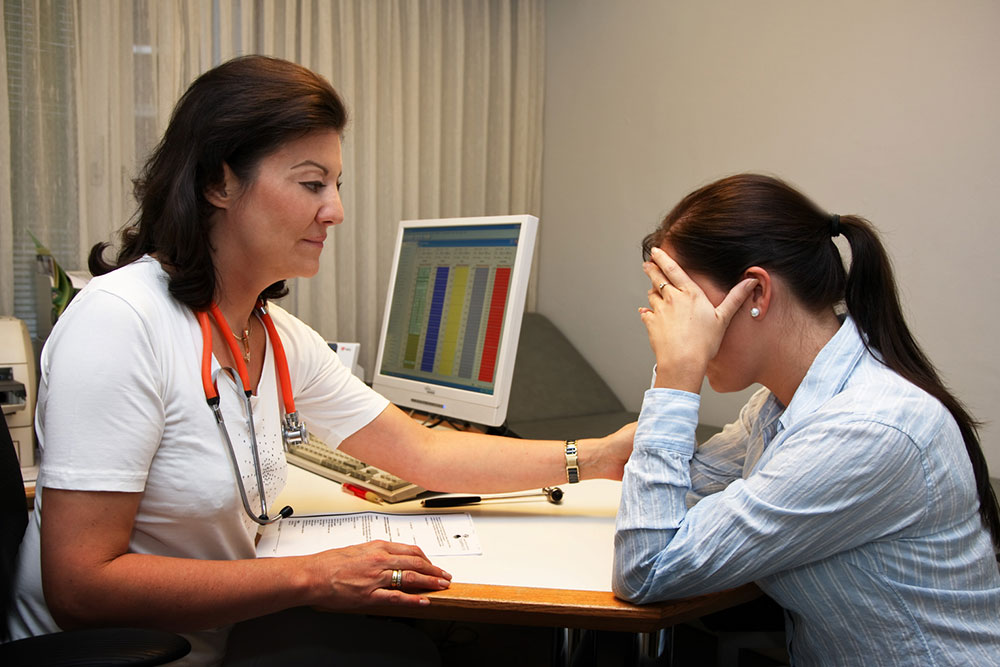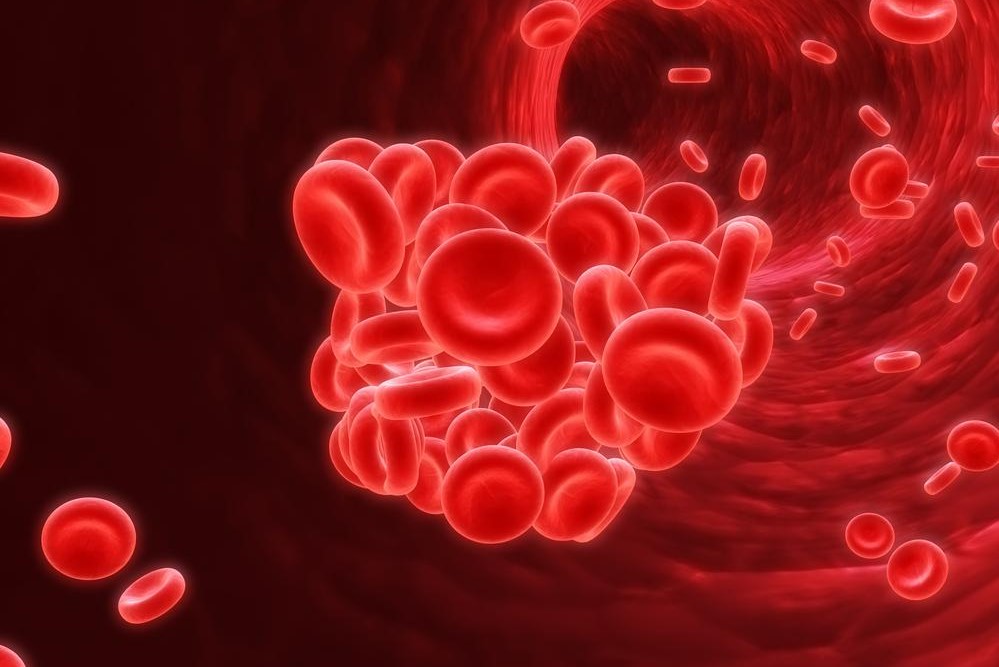Key Insights Into Colon Cancer: Top Questions Answered
This comprehensive overview answers key questions about colon cancer, including types, symptoms, risk factors, and treatment options. It highlights the importance of early detection and showcases the roles of specialized medical professionals. Learn about colon cancer's development, diagnosis, and effective treatments to stay informed and proactive in health management.
Sponsored

Essential information about colon cancer
Colon cancer typically starts with the development of polyps—small growths on the lining of the colon. Some polyps are benign, but others can evolve into cancer over time. Besides polyps, cancer can also originate from tumors that grow within the colon’s lining due to abnormal cell proliferation. Dive deeper to understand the key aspects of colon cancer.
What types of colon cancer exist?
Adenocarcinomas – The most prevalent form, accounting for about 95% of cases, originating from the glandular cells in the colon lining.
Other types include:
Gastrointestinal stromal tumor (GIST) – Growth in the colon's muscular layer, which can be benign or turn malignant, becoming a sarcoma.
Lymphoma – Cancer starting in lymph nodes, part of the immune system, with main types being Hodgkin’s and non-Hodgkin’s lymphoma. It can also begin in the rectum or colon.
Carcinoids – Tumors that grow gradually, often starting in the stomach, appendix, colon, rectum, small intestine, or lungs.
What symptoms indicate colon cancer?
Symptoms are categorized as local or systemic:
Local symptoms include: diarrhea, constipation, changes in bowel habits, abdominal bloating, cramps, unsatisfactory bowel movements, and stools that are thinner than usual.
Systemic symptoms encompass: fatigue, unexplained weight loss, nausea, vomiting, anemia, jaundice, and loss of appetite.
What are the risk factors for developing colon cancer?
Family history, personal medical background, lifestyle choices, and age are primary factors.
Lifestyle aspects like poor diet and inactivity may increase risk, with men showing slightly higher incidences than women.
What treatment options are available?
Surgery – Removal of the tumor along with surrounding healthy tissue, including parts of the colon, rectum, or lymph nodes. Techniques include laparoscopic surgery, colostomy, and radiofrequency ablation.
Radiation therapy – High-energy X-rays target and destroy cancer cells, using methods like external-beam or internal brachytherapy.
Chemotherapy – Medication-based therapy aiming to inhibit cancer cell growth and division.
Who are the specialists involved in treating colon cancer?
Gastroenterologists – Manage gastrointestinal disorders.
Surgical oncologists – Perform cancer-removal surgeries.
Colorectal surgeons – Specialize in surgeries for colon and rectal diseases.
Radiation oncologists – Apply radiation therapy to treat colon cancer.
Medical oncologists – Use medications like chemotherapy for treatment.






